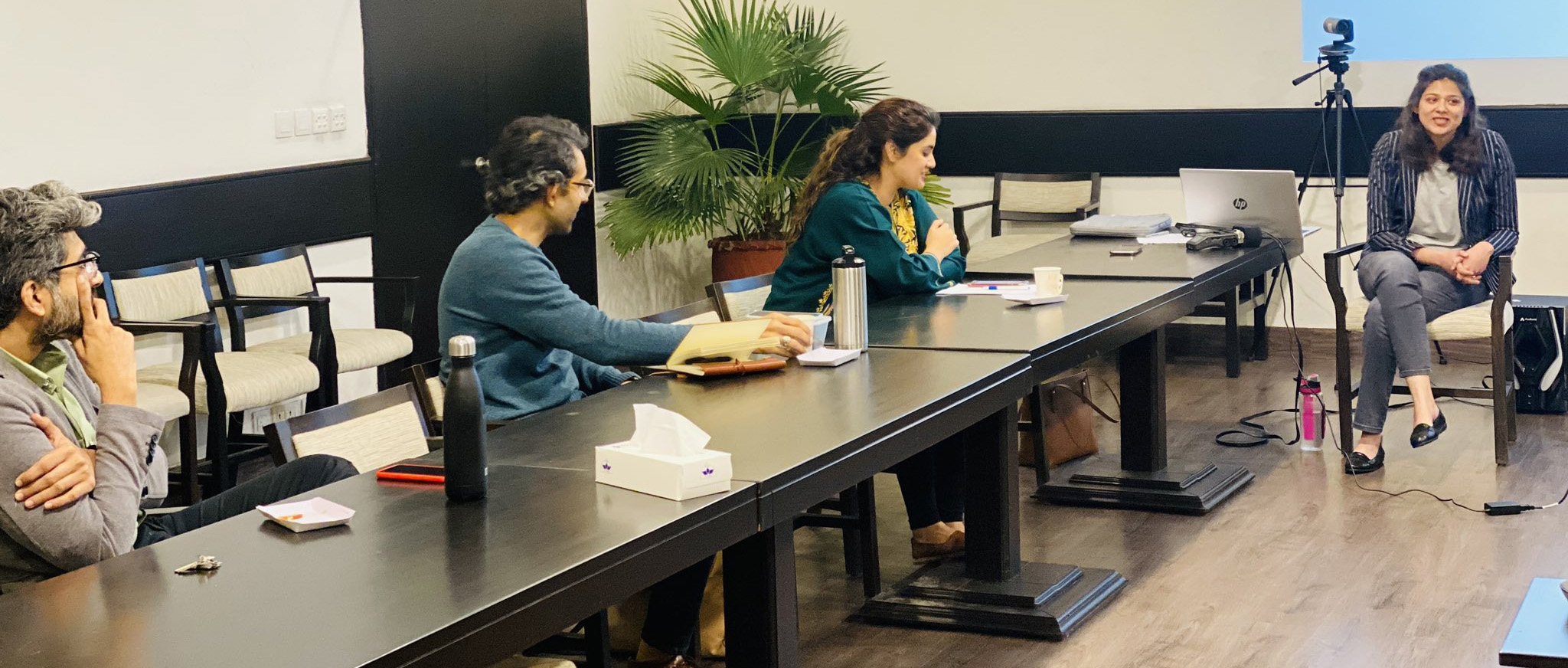Despite a spate of gender friendly inheritance reforms, there has not been a significant improvement in the inter-gender gap in land rights. Feminist theory proports that such reforms are ineffective due to micro and macro factors which reduce women’s bargaining power within the household which conventional bargaining models do not account for due to the context- specific and qualitative nature of most of these factors. This paper outlines an expanded version of the household bargaining model which encapsulates the many layers of pre-existing social relationships and institutions which influence women’s bargaining power specifically within the context of landed families. This framework is then used to analyze the case of women’s land rights in Punjab (Pakistan) through a comparison of the three administrative regions of the province (North, South and Central) which have differing patterns of social relationships due to their specific historical experience with land rights. The findings indicate that access to land does not always equate control over land for women. The results also show that high literacy of individuals and households, creation of new political and economic networks and women’s strong historical role within the household and family can improve women’s bargaining power which ultimately translates into greater access and/or control of land rights.
Saida Waheed Gender Initiative
VC Faculty Lounge, Academic Block, LUMS

